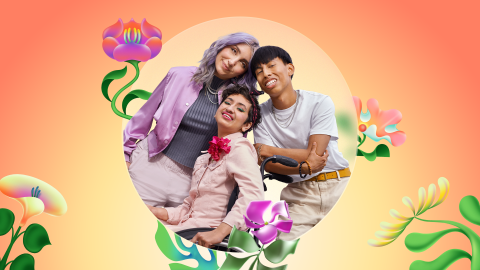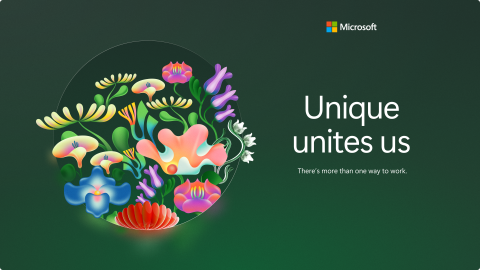Microsoft partners with governments and organizations to help bridge the digital divide
This blog post was written by Bonnie Kearney, Director of Accessibility & Aging Marketing at Microsoft. Bonnie has been with Microsoft for over 17 years and is especially passionate about building awareness for technology that improves the lives of people of all ages and abilities.
—-
Thanks to a recent public-private partnership that included Microsoft, the City of Los Angeles, the Partners in Care Foundation, and St. Barnabas Senior Services, a group of Los Angeles seniors are achieving a more active lifestyle and have begun managing their health data more securely. The program, called the “Exergamers Wellness Club,” was launched in April of 2012 and combines evidence-based health education with exercise and health monitoring.
Microsoft has been working to coordinate public and private organization in an effort to provide relevant knowledge for seniors, whether it is helping them learn new PC skills by connecting them virtually to a senior center, or in the case in Los Angeles, working out and improving their well-being. For the Exergamers Wellness Club, the Kinect for Xbox 360 served as the exercise platform, while Microsoft HealthVault was used to store and monitor their health information in a trusted place online.
Seniors in the Exergamers Wellness Club fist pump to a hip-hop workout routine on the Dance Central video game by HarmonixMTV.
The power of technology to transform lives is evident in this innovative program, and it’s just one of many public-private partnerships Microsoft has developed to address the needs of seniors. Other successful programs include the eSeniors program in Miami, which offers seniors free computer training, and the Virtual Senior Center in New York, which uses technology to connect homebound seniors with their communities.
Through these efforts, Microsoft and its partners hope to inspire other groups to develop similar technology-based programs to improve the health, wellness and quality of life for seniors. Despite any gaps in computing knowledge or experience seniors in these programs initially have had, the desire to stay connected, build relationships and share information with friends and families has proven to be a strong motivator for them to get engaged with technology.
If you would like to find out more about making computing safer and easier to use for people of all ages and abilities, Microsoft provides tips for making the computer easier to see, along with guidance to help protect your information and reputation online.







